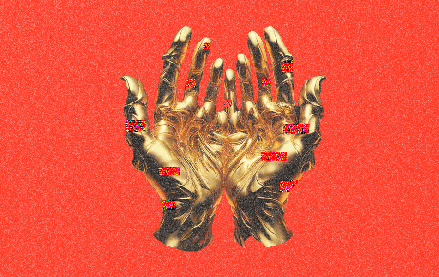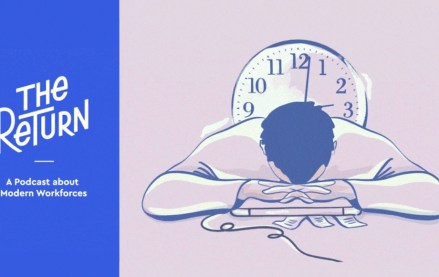Why Harley-Davidson doesn’t ‘buy into the concept of millennials’

For years, brands have obsessed over reaching millennials, a cohort that makes up around 80 million Americans, according to U.S. census data. Brands across industries have used the term to treat the entire generation as a single unit or as an umbrella term for “youth” in general.
Harley-Davidson is not one of those companies. On Wednesday, the motorcycle brand came out with a new campaign called “All For Freedom. Freedom For All,” with videos that promote messages of freedom and individuality, part of the brand’s 10-year strategy to grow Harley riders. Millennials, however, are not a target. We asked Heather Malenshek, vp of global marketing at Harley-Davidson, why. This conversation has been lightly edited for clarity.
‘Millennial’ is arguably one of the most overused terms in marketing today, but Harley-Davidson doesn’t use it. Why?
We don’t buy into the concept of millennials. There are definitely traits that go across the entire generation in the same way there are with baby boomers and Gen Xers, but it’s a term that lumps together that entire generation and gives you the impression that they all look, feel and think the same way, and that’s just not the case.
What is the case?
People are free-thinking individuals.
So are other brands wasting their time by specifically targeting millennials?
Other brands do what other brands do, but we don’t like the term. We are trying to speak to people with a certain mindset about them versus just a demographic.
Why a mindset?
Young adults are an important part of our brand, but we are also interested in reaching out to those folks who potentially rode when they were younger and are thinking about coming back into the sport. We have lots of different kinds of folks within our community. Our whole positioning is about reaching out to all people who are freedom-loving individuals — so young and old, and anyone in between.

How does individualism speak to Harley-Davidson consumers?
That’s what our brand is all about. Yes, it’s about the riding experience and the freedom you feel on two wheels, but it also has a lot to do with the freedom of the individual, regardless of age, race, gender. It’s really about bringing people into this brand and letting them be who they are and their true selves.
Why market to individuals versus entire generations?
Every generation includes freedom-loving, adventure-seeking individuals who aspire to values we stand for. It is up to us to inspire each individual — regardless of demographic — to engage with the Harley-Davidson brand through our products and experiences.
Harley-Davidson has also dealt with its “bad boy” stereotypes. Leather jackets, long beards and hardcore lifestyles have been synonymous with the brand in the past.
We get stereotypes as a brand from time to time. You can probably read some of them in the media. It’s in the same way as millennials are stereotyped as being one person and one-dimensional. We are not. We are a multidimensional brand, and I think it’s very easy for people to stereotype generations, stereotype brands, and it’s just not true.
More in Marketing

With the rise of the chief AI officer, it’s time to examine ‘czar’ culture
Even if it’s a familiar pattern — hot new thing, new C-Suite exec to tackle said thing, a few years go by and that C-Suite position no longer exists as everyone is now doing said thing (or it was a fad that has since faded away) — does it make sense for businesses to continue to appoint new czars with every new trend?

Why Cava’s bid for brand awareness means prioritizing streaming ads
Fast-casual restaurant chain Cava has been in growth mode over the past year and is leaning into streaming ads in an effort to boost brand awareness.

A history of middle manager stress: The Return podcast, season 3, episode 1
In episode one, McKinsey partner Emily Field tells us more about why middle management is critically important to the workforce.





